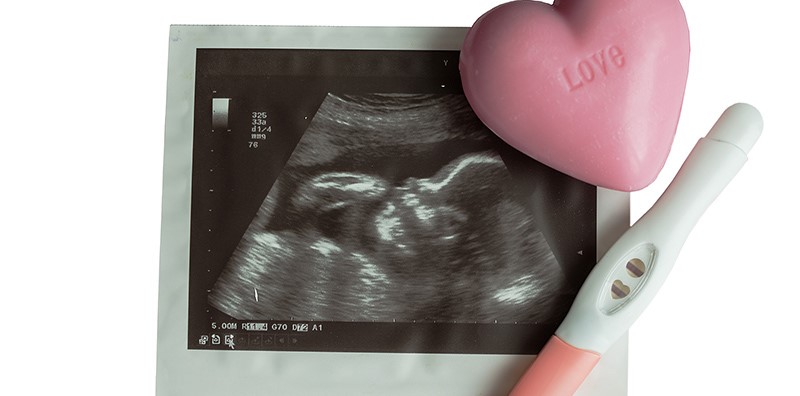
23:02 23rd June 2016 | Oocyte Freezing
Young Woman Delay Pregnancy Child Rearing Mid-Thirties Fertilisation Female Fertility Future Pregnancy Ovary Oocytes Uterus Pregnancy Frozen Cryopreserved Eggs Thawing Frozen Embryo Transfer Premature Ovarian Deline Ovarian Reserve IUI Fertility Treatment Ovulation Stimulating Medication
You want to have a family but not right now. After all, you are young and want to develop your career, study abroad or travel while you have little to tie you down. Like many young women, you want to delay pregnancy and child rearing until you are in your mid-thirties. But is that too late? Suppose you find it difficult to become pregnant when you want to. Fortunately this need not be a problem. You can freeze your eggs so that they are...

22:16 10th March 2016 | Fertility Evaluation
Natural Conception Pelvic Scan Uterus Cervix Ovaries Vagina Blood Tests FSH LH Artificial Stimulation Ovarian Follicles Oestrogen Progesterone Menstrual Cycle Pituitary Gland Fertilisation Contraceptive Device Medical Disorders Sex Dependent Hormone Tumours Ovarian Cysts Ovarian Hyper Stimulation
When investigating infertility, one of the first objectives is to determine whether the patient can conceive naturally or not. The basic tests to determine this ability to conceive naturally include a pelvic scan to check the uterus, cervix, ovaries and vagina, and blood tests to check the levels of the follicle-stimulating hormone (FSH) and Luteinezing hormone (LH). http://www.thebridgeclinic.com/Treatments/FertilitySure
FSH is one o...
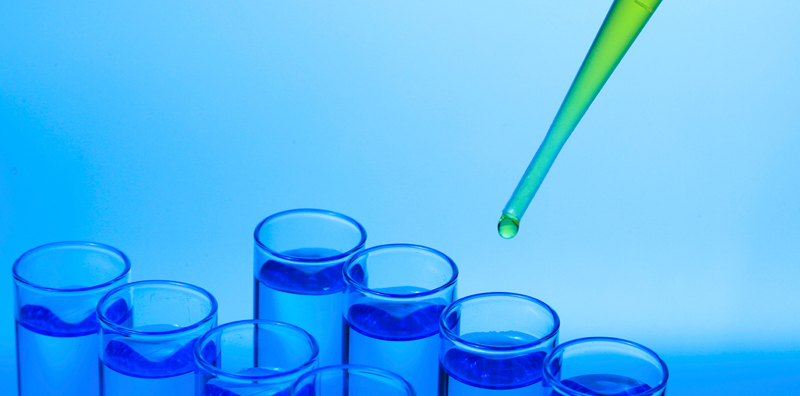
21:46 9th February 2016 | Female Fertility
Ovarian Reserve Fertilisation Pregnancy Miscarriage FSH AMH Follicles Trans-Vaginal Ultrasound Fertility Cycle Eggs
Ovarian reserve is a term that is used to determine the capacity of the ovary to provide egg cells that are not only capable of fertilisation but are more likely to result in a healthy and successful pregnancy. A woman’s ability to become pregnant decreases as she gets older because she has fewer eggs. The quality of her eggs also decreases and they are more likely to have abnormalities. This means that older women have lower pregnancy ...
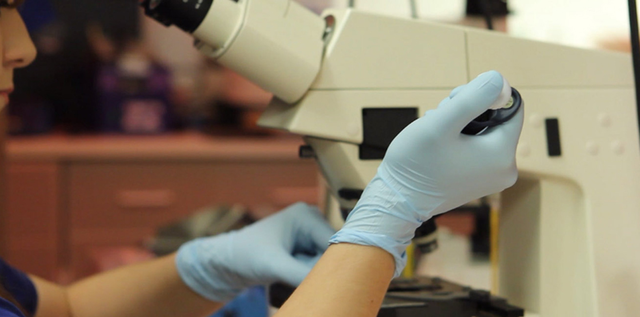
20:55 9th February 2016 | Insemination
Cervix Sperm IUI Intrauterine Insemination Fertilisation IVF
For a woman to get pregnant, a man’s sperm must travel from the vagina through the cervix into the womb and up into one of the fallopian tubes. If the sperm arrives in the tubes soon after the release of the egg from the ovary(ovulation), the sperm and egg can meet in the tube and fertilisation may occur.
The cervix limits the number of sperms that enter the uterus, so only a few sperm make their way to the fallopian tubes. Intrauteri...
10:43 10th July 2014 | Ovulation
Ovulation Menstrual Cycle Human Reproduction FSH Corpus Luteum Follicle Fertilisation primordial Follicles
Menstrual
Ovulation is the process in a female’s menstrual cycle during which a mature oocyte (egg) is released from the ovary. This process is essential to human reproduction and the
physiological changes that occur in the woman to achieve ovulation and reproduction is called the menstrual cycle. The average menstrual cycle lasts for 28 days (the beginning of one
menstrual bleed to the beginning of the next one) but it may be as shor...
22:15 16th April 2014 | Empirical Fertility Treatments
Fertility Drugs Sperm Count Empirical Treatments Vitamins Mineral Supplements Clinical Trials Improve Fertility Semen Parameters ICSI IVF Fertilisation
The list of drugs and procedures that have been tried is endless but none of them have been scientifically validated to lead to effective improvements in sperm count. Some of these empirical treatments which have been tried without demonstrable success include the use of hCG, hMG or anitoestrogen therapies (clomiphene citrate, tamoxifen), testosterone administration, Testolactone, Bromocriptine, Kallikrein, Pentoxyfylline and a...
03:07 12th January 2014 | Embryo Culture
Fertilisation Fallopian Tubes Natural Conception Fertilised Eggs Implantation IVF Treatment Cycle Embryo Transfer Day 5 5th Day Blatocyst Culture Conditions Quality Management System IVF Clinics Bridge Clinic Pregnancy
Fertilisation of the egg by the sperm occurs within the Fallopian tubes during a natural conception. The fertilised egg travels along the Fallopian tube to get to the uterus for implantation on the 5th day after fertilisation.
It has increasingly been shown that implantation rates and hence pregnancy rates are much higher when embryos are cultured to the fifth day before transfer in an IVF treatment cycle.
The risk, of course is t...
04:35 20th August 2013 | Bridge Clinic Procedures
First Visit Consultation Medical History Human Reproduction Investigations Review Consultation Treatment Schedule Counselling IUI IMSI ICSI IVF Ovarian Stimulation Egg Collection Injections UltraSound Follicles HCG Fertilisation Follicular Fluid Normal Sperm Conventional IVF Embryo Culture Incubators Uterus Progesterone Blood Vessels
The first visit
The objective of the first visit is to meet our doctors who will explain our services and elicit a history that will allow us to address your own particular issues. We will give you
an overview of human reproduction and then prepare a plan of investigations for you.
The review consultation
The results of all the investigations will be reviewed with you and then we will schedule you for treatment appropriate to you. The c...
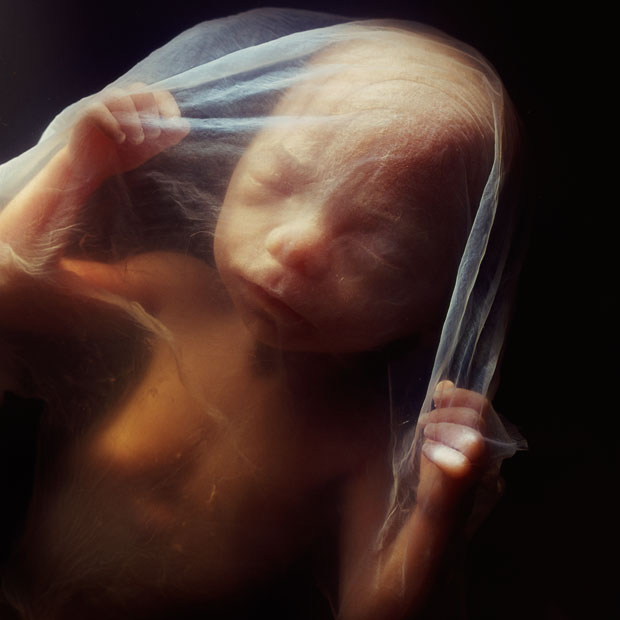
04:52 14th May 2013 | Unexplained Infertility
Natural Conception Intercourse Sperm Vagina Womb Cervix Uterus Fallopian Tubes Ovaries Ovulation Fertilisation Foetus Fertile Couples Normal Sperm Pregnancy Male Infertility Female Infertility Fertilised Eggs Maximal Infertility Basic Investigations Tubal Patency Semen Test Falloposcopy Semen Function Cummulative Risk Pelvic Infection Environmental Toxins
Before a couple can achieve conception naturally, they must have intercourse and during this process, the man ejaculates, that is, releases his sperm into the woman’s vagina. The sperms swim through the neck of womb (the cervix) into the uterus and down the fallopian tubes where, hopefully, the sperms will meet an egg that has been released from the women’s ovaries if intercourse coincides with ovulation. Fertilization may occur with a ...
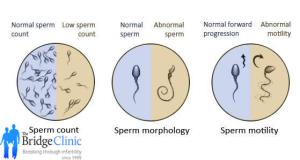
04:56 7th April 2013 | Motile Sperm
Sperm Count Normal Motile Sperms Fallopian Tubes IVF Fertilisation Chromosomal Abnormalities Klinefelters Syndrome Undescended Testes Normal Sperm Production Dilatation Infertility Semen Parameters
The importance of sperm count is explained in the concept of the total normal motile count. This is the total amount of sperms that are normal and also motile that is available to fertilise the eggs. There is evidence that following intercourse only about 15% of the total normal motile sperms get to the site of fertilisation of the egg in the fallopian tubes. We also know from our experience with IVF that we need approximately 200,000 s...
Search by condition, treatment or keyword and conveniently browse our informative articles
Book an appointment online or search for a clinic close to you.
Book an Appointment
We’re here for you from your first appointment to the end of your journey.